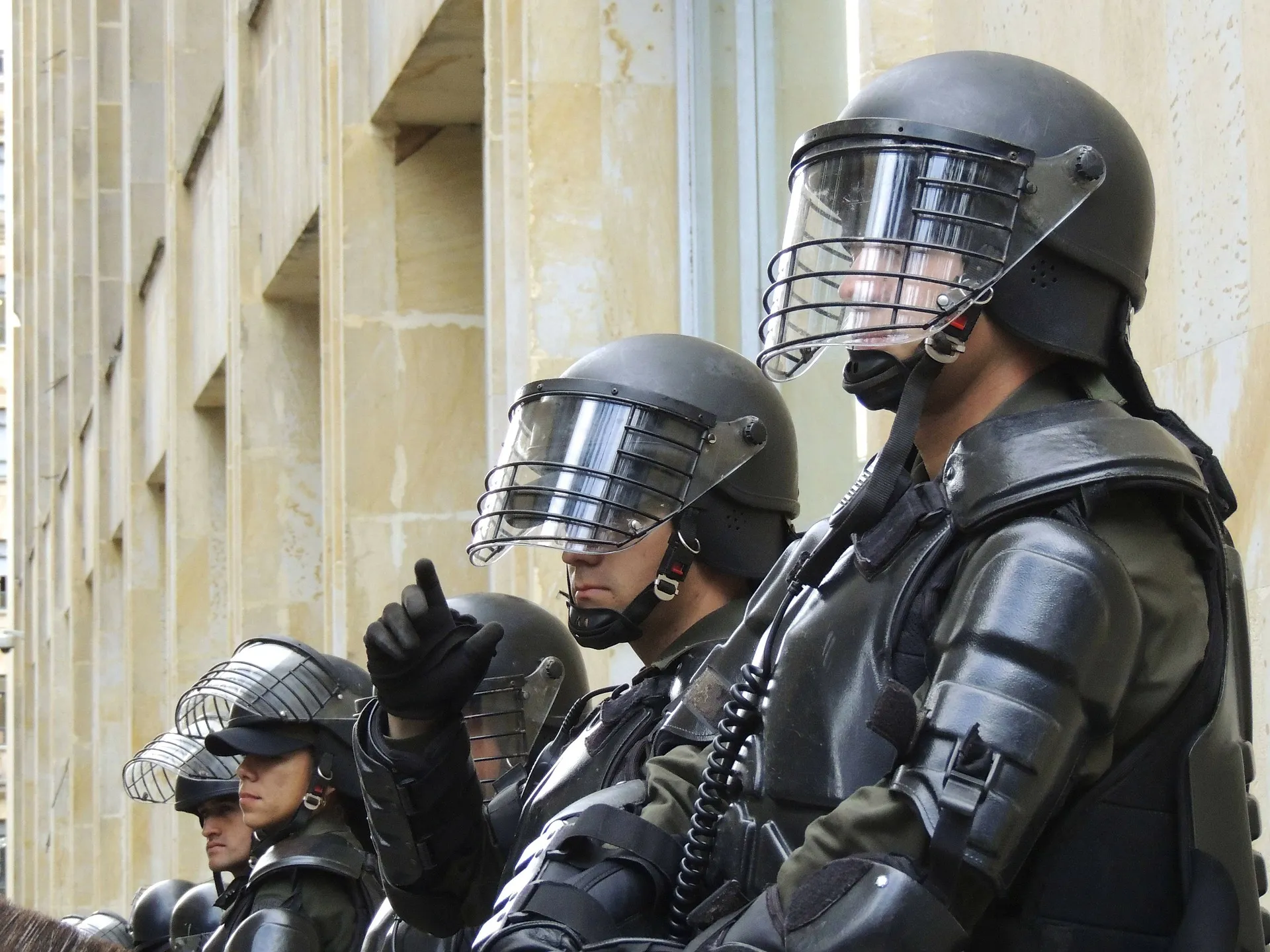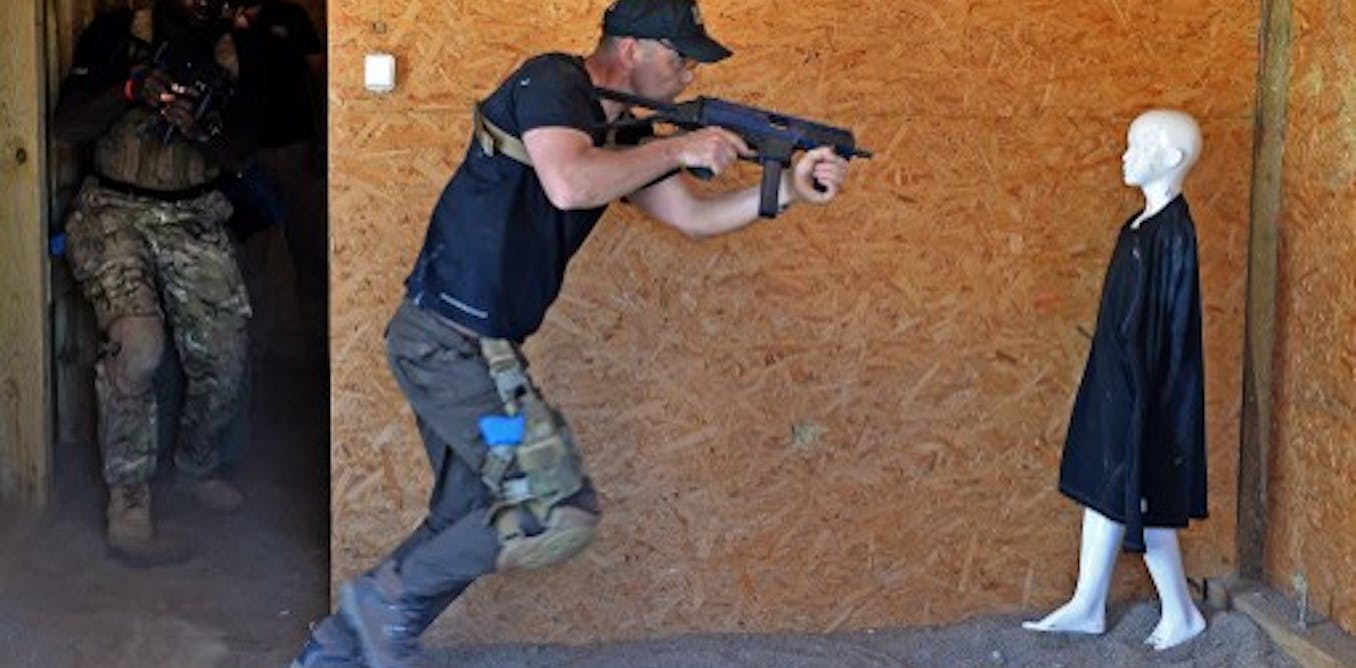Russia recently conducted one of the largest military exercises on its Western borders since the Cold War, focusing on combat scenarios akin to those witnessed in Ukraine. The drill aimed to assess the compatibility between the Belarusian army and Russian forces.
This move raised concerns among politicians in Poland, Ukraine, and Baltic states who perceive it as aggressive, fueling mistrust of the Kremlin and raising fears of potential security threats in the region. They use such exercises to justify ongoing “social militarisation” within their respective countries.
This trend of militarisation is not solely attributed to the perceived “Russian threat.” Central Europe, following its post-1989 transition to liberal democracy and NATO accession, initially underwent a process of social demilitarisation, gradually reducing the size of armies and professionalizing military forces.

In Central Europe, Societies Embrace Militarisation Trend (Credits: Perceptiv X)
However, recent years have witnessed a notable rise in grassroots paramilitary groups across the region, ranging from anti-refugee vigilantes to pro-Kremlin militias. This phenomenon has prompted a shift in state support towards voluntary defense organizations, often with roots in right-wing political entities.
The paramilitary sector’s normalization coincides with the diffusion of military values into everyday life. Countries like Poland emphasize military events in history education, witness a growing popularity of WW2-themed clothing, and host military-themed picnics featuring shooting ranges and weapons displays.
This ideological shift is further exemplified by government officials participating in children’s television programs, discussing the importance of fighting for sovereignty over bowls of army-style pea stew.
Central European leaders argue that societal militarisation is necessary to face challenges arising from refugee, terrorist, and Ukrainian crises.
However, this approach has raised concerns among military officials and civil society, viewed as part of an illiberal political transformation promoting an alternative governance model. Critics argue that it combines democratic procedures with a disregard for human rights and constitutional limits to power.
This militarisation is also linked to a broader narrative of societal regeneration advocated by right-wing ideologues who perceive liberal democracy as emasculating and morally corrupt. The militarised “New Man” is seen as essential for advancing the country’s international standing and forging a “new form of Polishness” capable of overcoming perceived post-communist mediocrity.
Despite the objective security challenges posed by the terrorist threat and Kremlin ambitions, the public appeal of the militarised model of governance and citizenship is rooted in the unfulfilled promises and social costs of the post-1989 transition.
To safeguard European civilian states, advocates must address the underlying causes fuelling militaristic sentiments, including individuals’ needs for security, well-being, and upward mobility, along with addressing feelings of being left out and deprived of control over their economic future. Failure to address these issues progressively may perpetuate the legitimacy of nationalist militarism.























